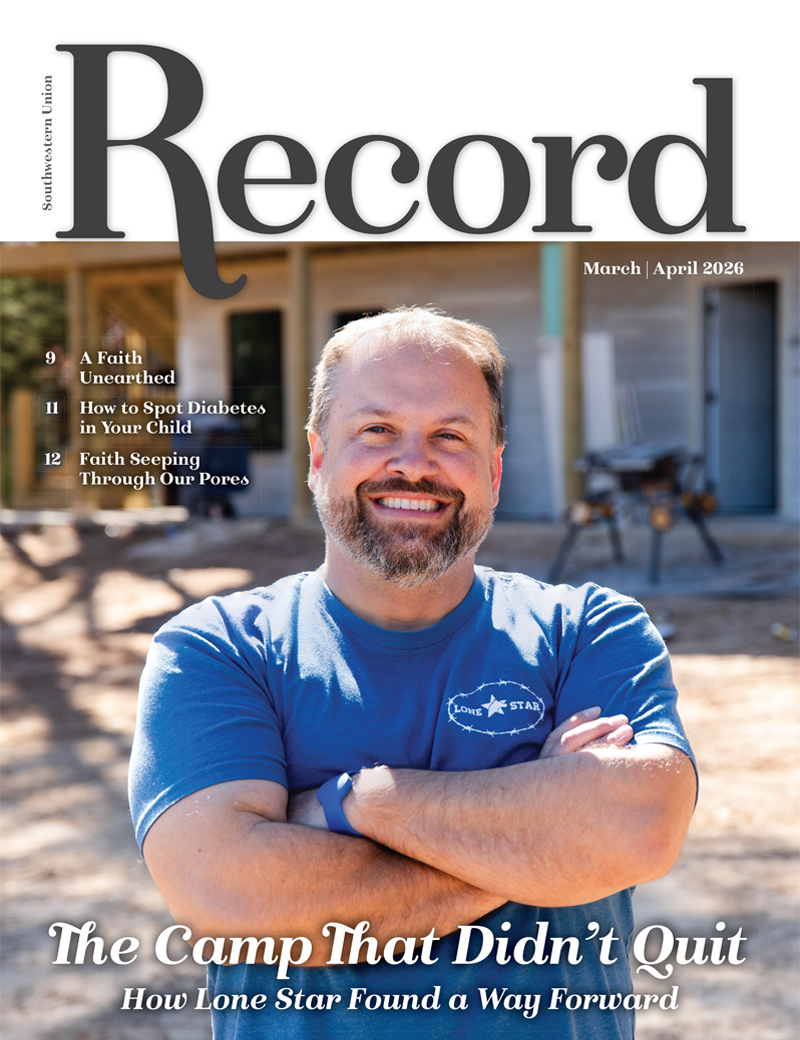Getting Personal

Personal finance is, well, personal. Every household will have its own story, with its own set of circumstances. Even the same household will find itself in different phases of life. Starting out, a person may have more debt than assets. In midlife, a family may have concerns about funding kids’ education and saving for retirement. Later in life, thoughts about leaving a legacy through estate documents may present themselves. Of course, any of these can be interrupted by events, both good and bad, that make personal finance very personal.
Fear and Finances
Take the fear out of finances by putting God first. “The earth is the Lord’s, and everything in it, the world, and all who live in it; for He founded it on the seas and established it on the waters,” says Psalm 24:1-2. God is both Creator and Sustainer of this world. This is why Jesus encouraged us not to worry about the necessities of life. Since God knows we need them, we should, “seek first His kingdom and His righteousness, and all these things will be given to you as well.” Matthew 6:33. Be intentional about giving tithe and offerings soon after receiving your paycheck and trust that God will provide for your needs. There are many resources available on this subject online at NADStewardship.org and Stewardship.Adventist.org.
Stress and Debt
Debt can be a huge stress. The Bible has some great advice concerning debt. Romans 13:8 sets the bar high: “Owe no one anything except to love one another.” (NKJV). A great goal in retirement planning is to be debt free, including the house. Search online for strategies such as the debt snowball or debt avalanche to help achieve the freedom of debt-free living.
Biblical Budgeting
Budgeting is Biblical. “Be sure you know the condition of your flocks, give careful attention to your herd,” says Proverbs 23:22. A monthly, zero-based budget starts after tithe, offerings and taxes. Assign every dollar that remains to a category such as housing, transportation, food, clothing, loans, savings, etc. If a category runs out of money during the month, stop spending in that area or fund it from another category. Spend less than what is budgeted and you will have savings; spending more than what is on hand will cause debt. Web-based budgets connected to your accounts can help simplify the process and give you realtime information about your finances.

Retirement Season
Isaiah 46:4 says, “Even to your old age and gray hairs I am He, I am He who will sustain you.” According to Solomon, we can learn from the ant who, “stores its provisions in the summer.” Proverbs 6:8. Saving for the winter years is an important practice throughout our earning years. It is rare to find pension plans; rather, many employers make tax-deferred retirement accounts available. Take advantage of matching programs to gain “free” money from your employer. Once retired, stay engaged. In Selected Messages Book 2, Ellen G. White wrote, “It is better, far better, to die of hard work in some home or foreign mission field than to rust out with inaction.”
Leaving a Legacy
Set your house in order. Have clear estate documents concerning your assets and guardianship of your dependants. While doing so, balance these two verses: “A good person leaves an inheritance for their children’s children” and “An inheritance claimed too soon will not be blessed at the end.” Proverbs 13:22, 20:21. Ellen G. White further gave this advice in Testimonies for the Church Volume 3: “If parents, while they live, would assist their children to help themselves, it would be better than to leave them a large amount at death.” For information on estate planning, visit the website: us.WillPlan.org.
Trusted Steward
God owns it all. He has trusted us to manage His resources. Pray for wisdom, and when Christ returns, may you hear, “Well done, good and faithful servant.” Matthew 25:23.
By Tony Cash, Arkansas-Louisiana Conference Director of Stewardship and Planned Giving/Trust Services


